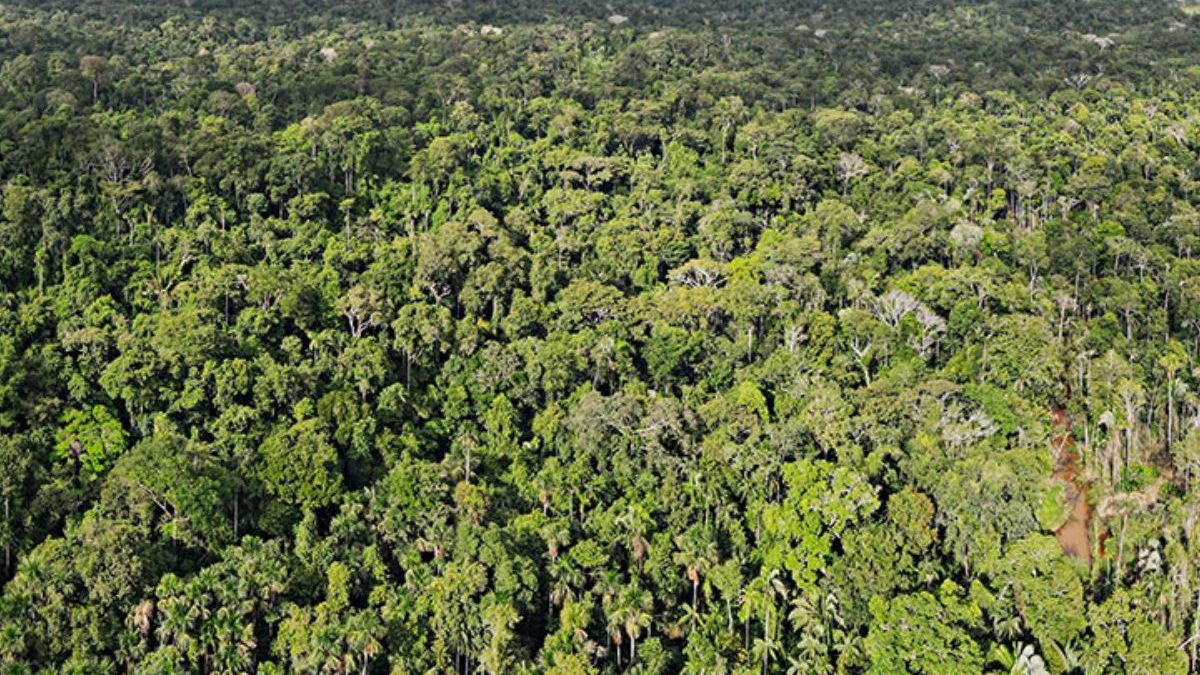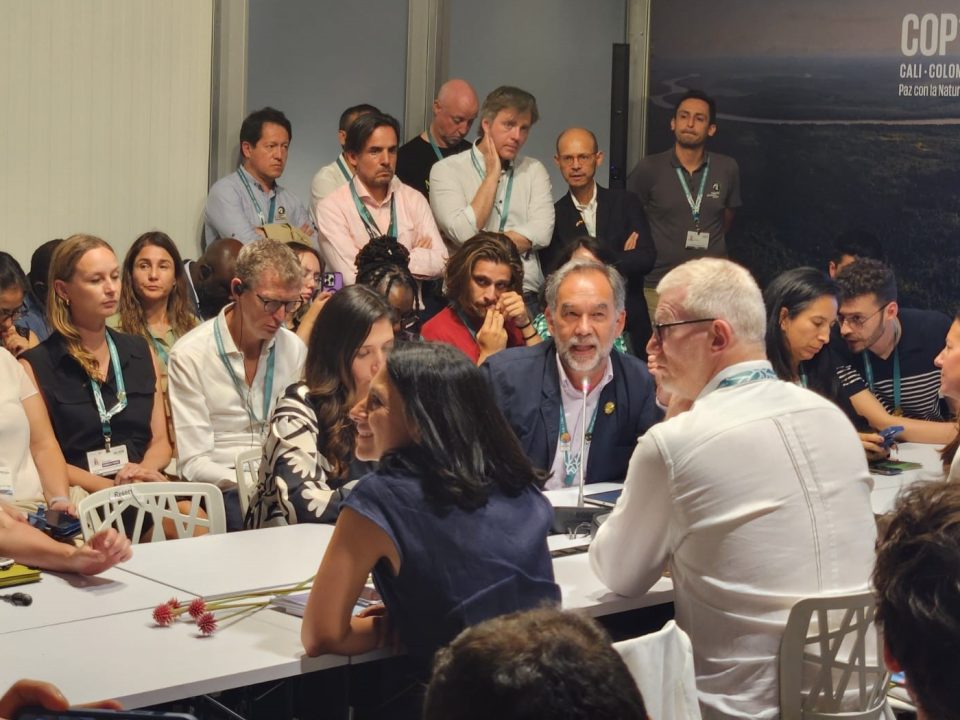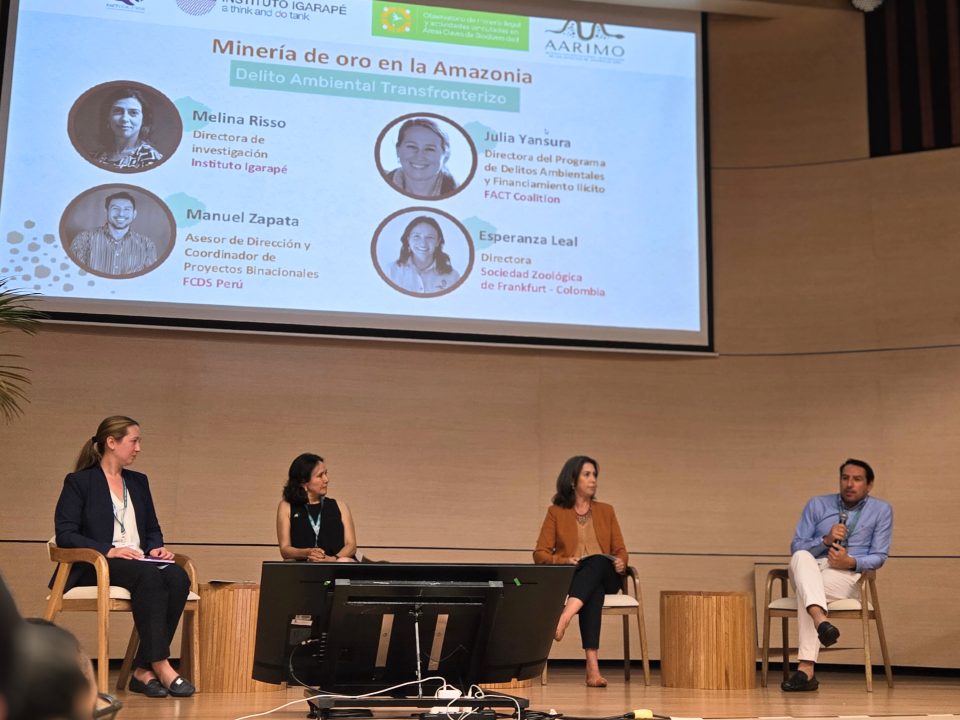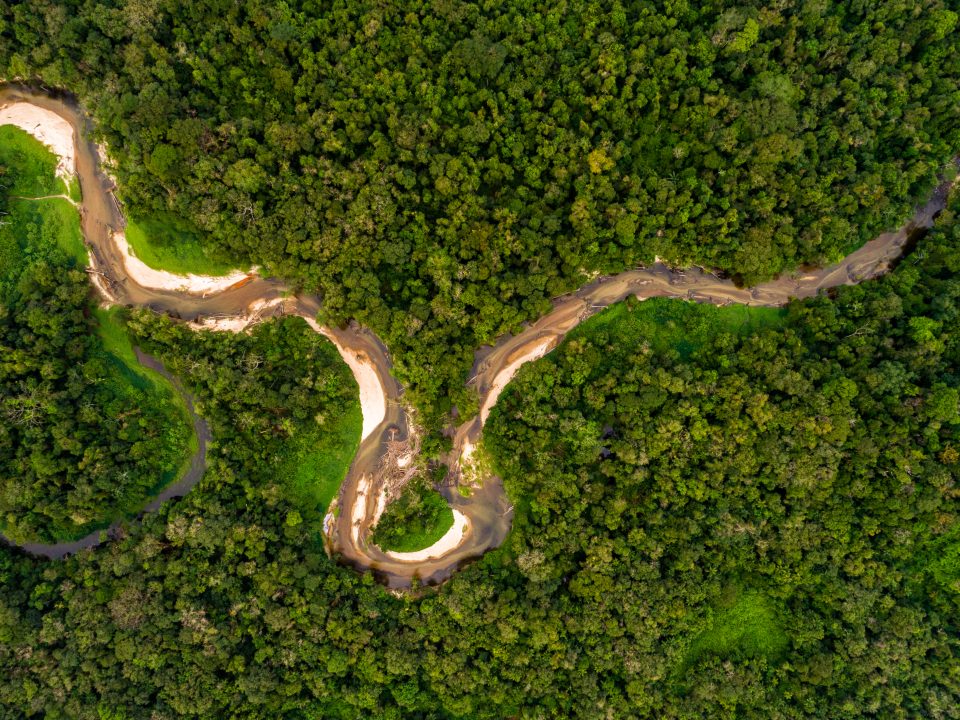By: Ciro Salazar Valdivia, FCDS-Peru technical specialist.
On June 11, the civil society organizations DAR and FCDS-Peru, in alliance with the Law School of the Pontificia Universidad Católica del Perú (PUCP), promoted a space for dialogue and proposals within the framework of the international event POLLEN 2024. The event was motivated by the enactment of Law No. 31973 (amending the Forestry Law), the aim was to broaden the discussion to include various challenges facing forestry and production management in the Peruvian Amazon.
It is widely recognized that closing gaps in public services and promoting productive development, particularly in rural areas, requires a comprehensive and multisectoral approach, in order to achieve synergies that allow tangible results for the population. And this is precisely what Law No. 31973 does not do, since it focuses on contributing to the formalization of small agricultural producers in the Amazon without considering that, although this is a real demand that must be met, it is not very effective in increasing the productivity and market access of these small producers.
Technical assistance, associativity, education and access to credit are factors that contribute to increasing productivity, making small producers more resilient to climate change and facilitating the transition to sustainable production practices that reduce forest degradation. This and other related topics were discussed in this conversation, which was attended by various specialists, public officials and indigenous leaders.
For example, the event was attended by the National Forestry and Wildlife Service (Serfor), which presented the work it has been doing and the challenges it faces in closing the gap in the restoration of degraded ecosystems. degraded ecosystemswhich amounts to a little more than 2 million hectares. In this specific case, the modification of the Forestry Law is not linked to productive solutions for producers settled in degraded sites.
From civil society, DAR and SPDA mentioned the risks of the amendment on indigenous communities in titling processes and, particularly, for environmental defenders, as well as the pending challenges to adapt Peru to the new European regulation on deforestation. In this regard, Law No. 31973 does not incorporate any safeguards that would prevent facilitating the formalization of the property of small producers who have invaded indigenous territories in the process of titling, nor does it even promote spaces for dialogue so that communities and producers can reach agreements.
On the other hand, the National Forestry Chamber of Commerce stated the need to update the process of land classification due to its capacity for greater use and to give greater impetus to producers settled in areas already deforested. FCDS-Peru also provided an analysis of the deforestation process in the Amazon over the last 21 years, where, although deforestation in plots of less than 2 hectares represents the majority (more associated with subsistence economies and local commerce), there is currently a growing trend of deforestation in plots of more than 5 hectares: more linked to monoculture, coca leaf and others.
During the event, the Specialized Environmental Prosecutor’s Office of Madre de Dios warned that the modification of the Forestry Law could lead to criminal proceedings associated with deforestation. Meanwhile, the regional indigenous organization ORAU, from Ucayali, warned that Law No. 31973 is already promoting invasions in indigenous territories, in a context where communities are threatened by the growth of drug trafficking. In fact, this amendment does not differentiate those areas with the presence of illicit coca leaf plantations, which will now be able to access a process of formalization of the property, as warned in 2022 by the National Commission for Development and Life Without Drugs (Devida).
We hope that this space for discussion will serve as a contribution to the serious debate and will be taken into account by the Congress of the Republic, which finally approved this amendment to the Forestry Law by insistence.






